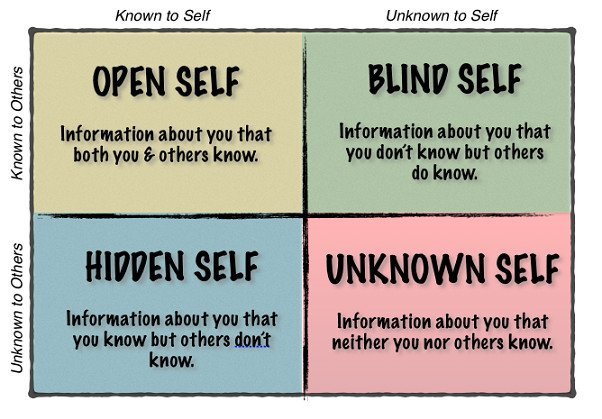The Leadership Illusion: Winning at Work, Winging It at Home
Leadership should be universal—if you can lead at work, you should be able to lead at home. Or so I thought. In my professional life, leadership feels structured, methodical, and effective. But at home? It’s a different story. The same skills that help me guide teams and mentor employees don’t always translate seamlessly into parenting. In this reflective piece, I explore why leading at work feels easier than leading at home, the emotional weight of fatherhood, and what it truly means to bridge the gap between professional success and personal growth. Because at the end of the day, leadership isn’t about titles—it’s about people, and the ones at home matter most.
Harnessing the Johari Window for Enhanced Self-Awareness and Interpersonal Relationships
The Johari Window, introduced by psychologists Joseph Luft and Harrington Ingham in 1955, is a powerful tool for understanding oneself and facilitating interpersonal communication. The model's power lies in its dynamic nature. As we interact, share, and receive feedback, the sizes of these quadrants change, promoting personal growth and improving relationships.


